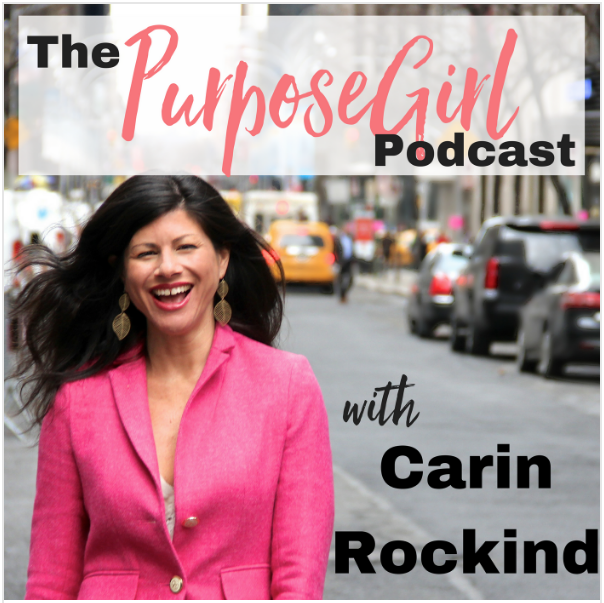August 30, 2017
Millions of Americans have been glued to news reports since the historic storm known as Hurricane Harvey made landfall in Texas last weekend, winding its way to Houston, the country’s fourth largest city, where it has swept away the lives, dreams and possessions of hundreds of thousands of residents.
I’ve watched with some extra anxiety because my oldest child lives there, and it’s been hard to sleep knowing that the water is infiltrating his area and overwhelming the dams and levees nearby. So far, he’s remained safe, but every day has unleashed fresh commentary about how unpredictable and unique the rainfall is, so I’ve remained alert and attuned to the news.
Some people think watching disasters unfold in real time is asking for extra angst that we shouldn’t invite into our lives. Generally that is true, but I think this is an event that we should all carve out time to pay attention to because of what we’re seeing happen over and over, day after day. Without seeking trophies, awards or recognition, ordinary people are putting themselves at risk, doing whatever they can to help rescue and comfort people and pets they’ve never met before.

This extraordinary behavior – which I call “authentic grit” – is the subject of my most recent book, Getting Grit: The Evidence-Based Guide to Cultivating Passion, Persistence and Purpose (SoundsTrue 2017). At a time when sociologists lament that our nation has become “awe-deprived” because of lowered standards for excellence, people choosing screen time over nature, and reduced funding for the arts, disasters like Hurricane Harvey remind us what it is means to be truly awed by another person’s behavior, and to even use the word “awesome” to describe something.
We are awed when we watch people who have lost everything except the clothes on their backs say that they are just grateful to be alive. We are awed when we see people driving hundreds of miles with their own boats and dinghies so that they can float around rain-battered Houston for days without rest to rescue desperate people standing atop cars and houses. We are awed when a human chain spontaneously forms to pull an elderly man from a sinking truck.
This is the type of “authentic grit” that makes the world a better place and that we need to uplift and emulate as an example of what we should strive for. Grit that is only about serving oneself, or being a finisher at all costs, is what I call “stupid grit” or “selfie grit.” If you do hard things that hurt yourself or others, or if you do hard things and brag about them, that doesn’t inspire or motivate others to be or do better. Without humility, patience, appropriate risk-taking, teamwork and a greater purpose at stake, grit doesn’t elicit admiration – it repels. And a sure sign that you are in the presence of authentic grit is when you feel awed because it makes you ask yourself if you are willing to do extraordinary things in ordinary circumstances, too.
Just as Susan Cain has called for a “quiet revolution” for introverts and their qualities to be celebrated, I’d like to call for a “grit revolution.” Let’s use the examples we are witnessing as a result of Hurricane Harvey to remind ourselves, our children and our communities that persisting in doing good for others, refusing to to quit when life is hard, being humble and having a purpose greater than ourselves is what good grit is all about, and that “catching” a little of that quality would be pretty awesome.




